Twenty-five universities are currently involved with the Real Food Challenge and have signed the Real Food Challenge Commitment to purchase 20 percent of local Real Food supplies by 2020, and the numbers are only growing.
Real Food sources, according to the organization’s definition, comprise food that respects human health, animals, social justice, and the environment. The Real Food notes that its program expresses concern for food producers, consumers, the earth, and an extensive network of agricultural different communities around the world. Boston College is one of the universities in the programs.
One of the many goals of Real Food BC is to utilize its organic garden on Brighton Campus, as this is where most of the organization’s crops are grown.
The Real Food BC Program seeks to allow students to bond over their similar interests and share their ideas in order to bring healthier options to the dining halls.
Clara Son, A&S ’15, became involved with Real Food BC during the second semester of her sophomore year.
“I originally got involved with Real Food BC because of my interest in cooking and gardening, but I was surprised to find out that there was a lot more to the group than just getting together to enjoy healthy food,” Son said.
Real Food BC allows students to learn more about the problems with the current food in America and it also allows them to find ways in which they can make a difference.
“This awareness sparked my desire to help bring food to BC that is not only healthy, but improves our food system by respecting the people that produce it and the environment that it comes from,” Son said.
Real Food BC was founded seven years ago, and part-time professor of sociology Michael Cermak helped establish the BC Real Food Organic Garden. Real Food BC aims to harvest a variety of crops in the garden including radishes, parsley, chives, arugula, and lettuce, among an array of other foods.
The goal in creating the garden was to have a place that would foster educational and research opportunities and to also to have a sense of community,” Son said.
The garden was also funded by donations from both outside and within BC community.
“Few students realize the advantage Boston College has in choosing to run a self-operated dining service,” Son said.
One of the first notable accomplishments of the program was opening Addie’s Loft in the upstairs portion of Corcoran Commons, as this marks the most notable presence of Real Food on the University’s campus.
Another milestone for the program was the adoption of cage-free eggs, or eggs hatched in a free-range agricultural territory as opposed to a cage-confined space.
Real Food BC is currently working with BC Dining Services to implement the Real Food Calculator, which is a tool that measures and analyzes the amount of money spent on the ethical and sustainable food that BCDS currently purchases. The organization is also continuing to partner with BCDS in creating healthier food options at the dining halls.
“We have made strides to establish a relationship between our group as a body that represents student interest in sustainability, and BC Dining Services,” Son noted.
Son noted that Real Food BC hopes that the program will eventually expand its presence across campus, including some form of impact throughout all of the dining halls.
“The objective of Real Food BC is to help source foods that not only maintain this healthy standard for students, but also have a positive impact on the environment and the people who produce the food,” Son said.
Son and the rest of the organization express that Real Food is a fresher and healthier alternative to traditional collegiate dining services, and continue to advocate for organic food sources at BC.
Featured Image by Emily Fahey / Heights Editor



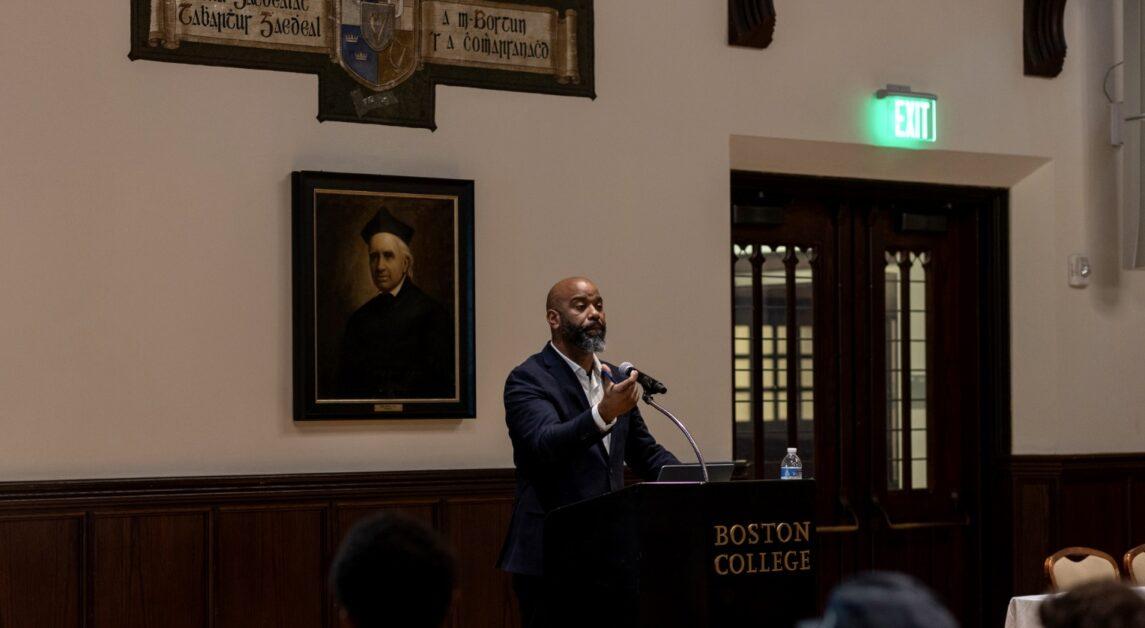
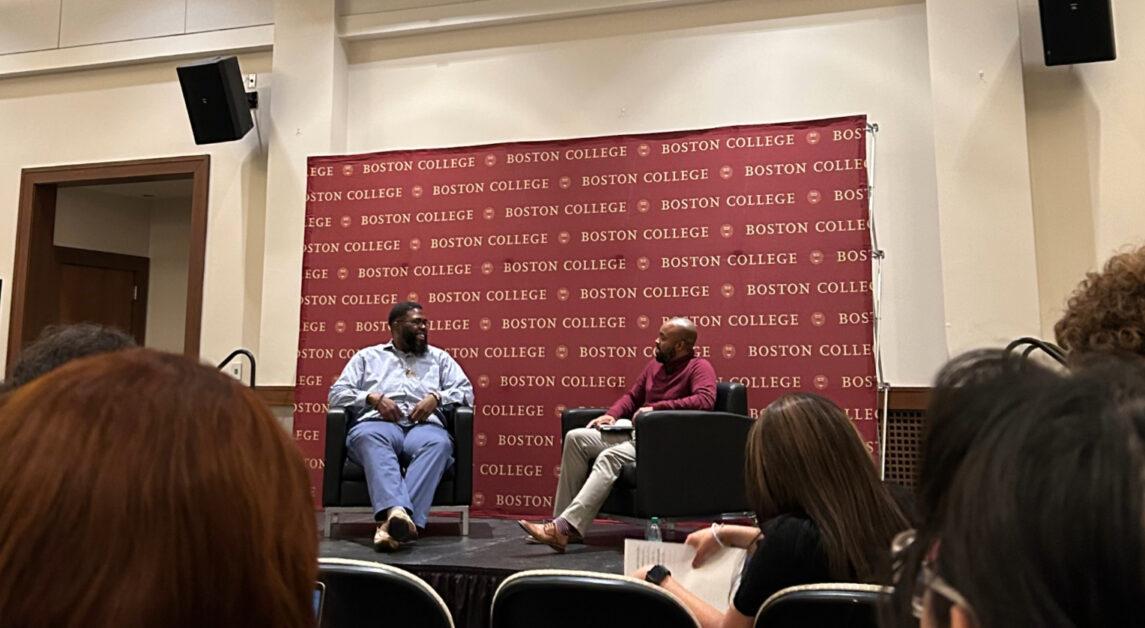
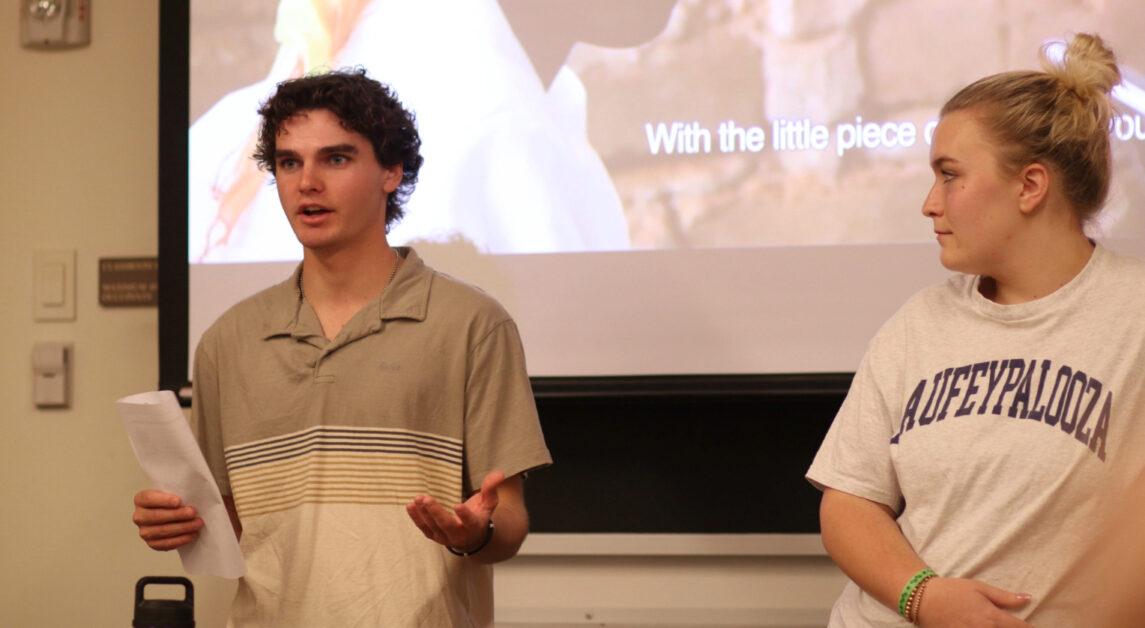
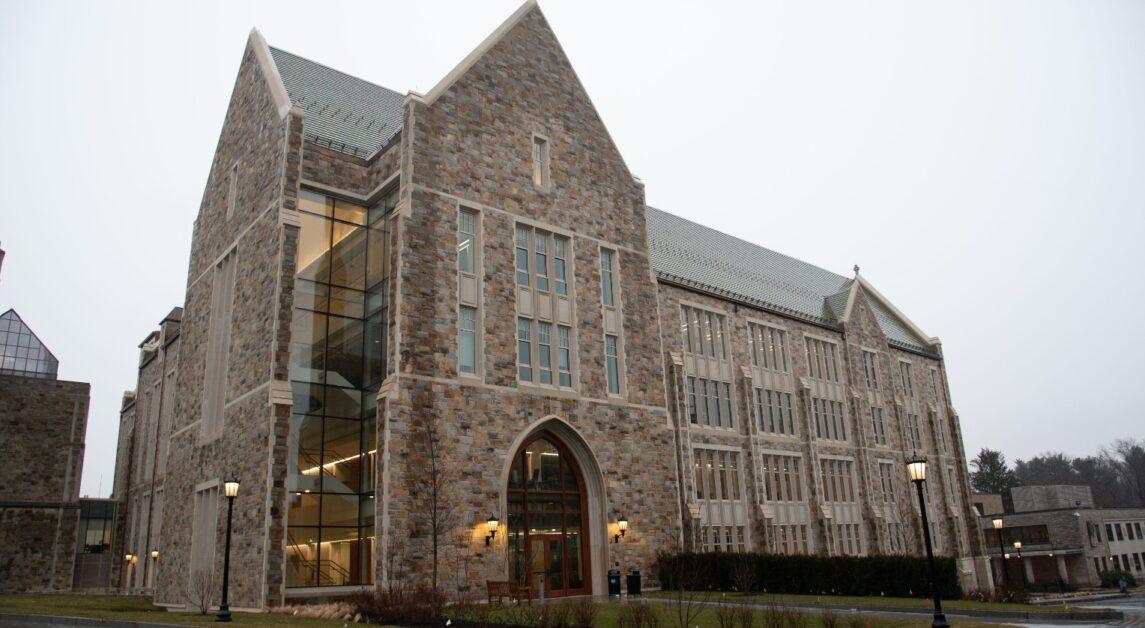





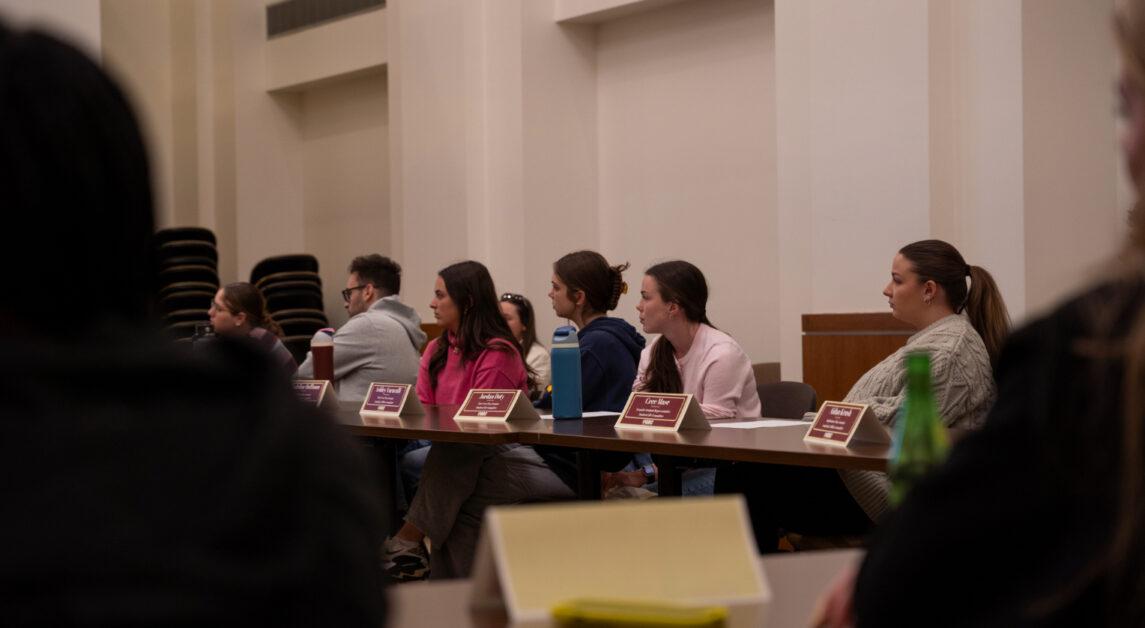
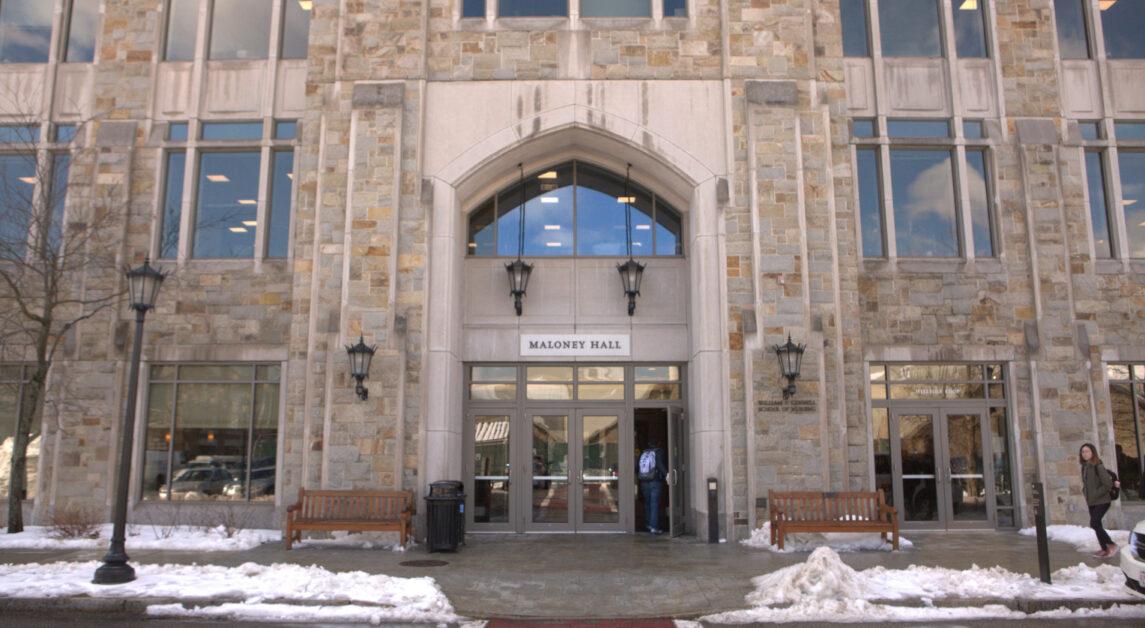
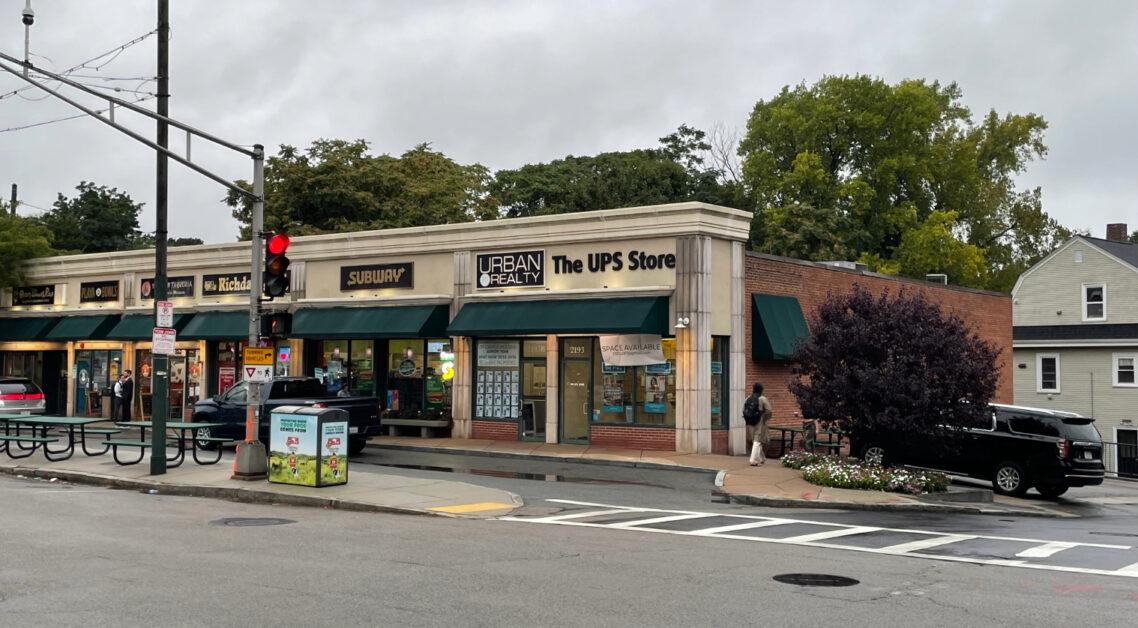
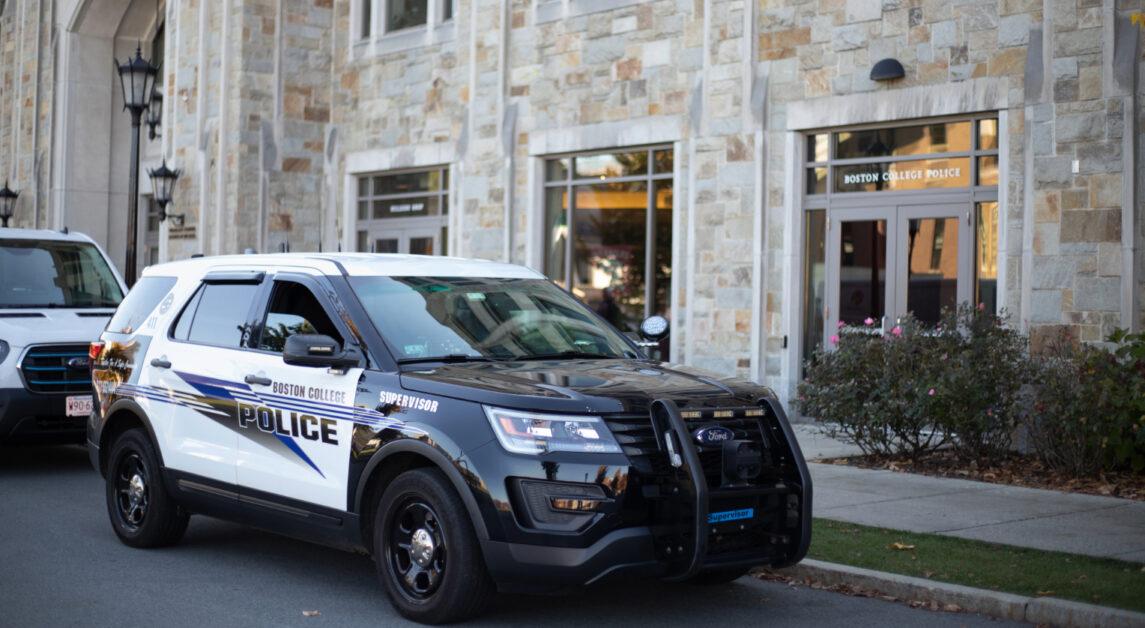
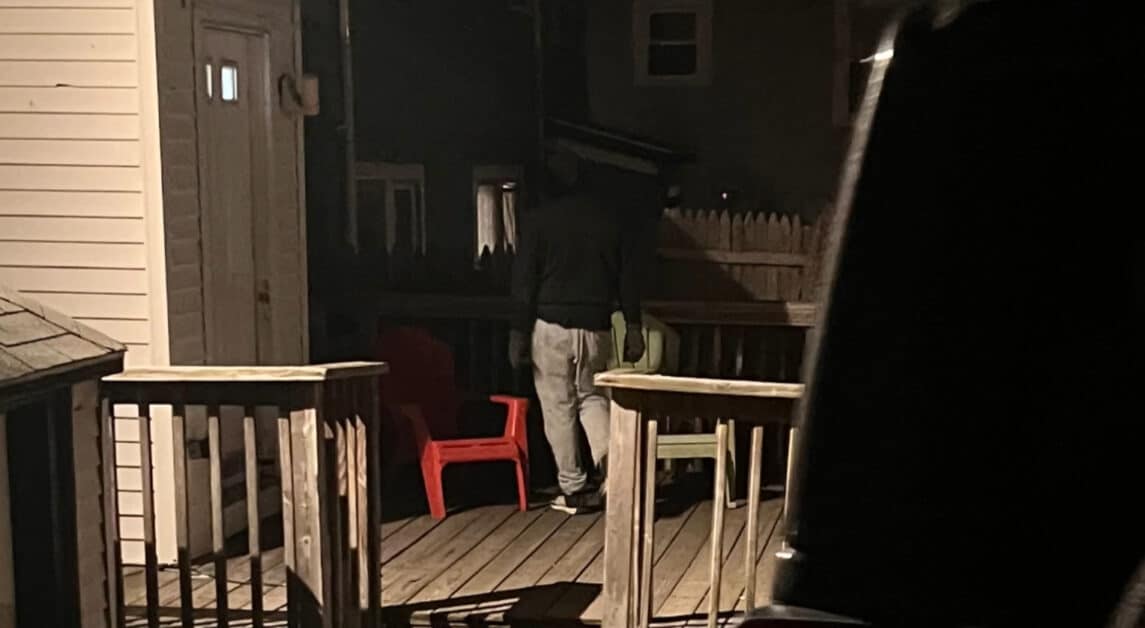


Michelle Peffen • Feb 27, 2015 at 5:42 pm
I am not a vegetarian nor a vegan but I do like their
beliefs. I think it is important to treat animals well, even if we are raising
them to eat. I do not want to eat a piece of meat that has tons of hormones, antibiotics
or possibly a disease in it. I want the parts of the animals that I eat to come
from an animal that was treated well on a farm. I realized that in the US, we don’t
always have free range meats and poultry because it is not as cost effective.
We are served animal meat from an animal that was treated harshly simply
because it was inexpensive to do so. Personally, I am willing to pay extra for
organic, free range products. In the end it will benefit my health and it feels
good to know that the animal was treated well during its life. I recently
signed a petition for McDonalds to stop buying meat from cows that were given
antibiotics. Sometimes the use of antibiotics is okay but from what I understand,
the cows are given extreme amounts to keep them healthy because they get sick due
to poor living conditions. Why not clean up the area that they live in, quit
using antibiotics and treat them well? The answer is this: it’s cheaper to do
it the way it is now. If enough people stand up for animal rights, we can
change the way animals are treated and eat the better food that Real Food
advocates for.